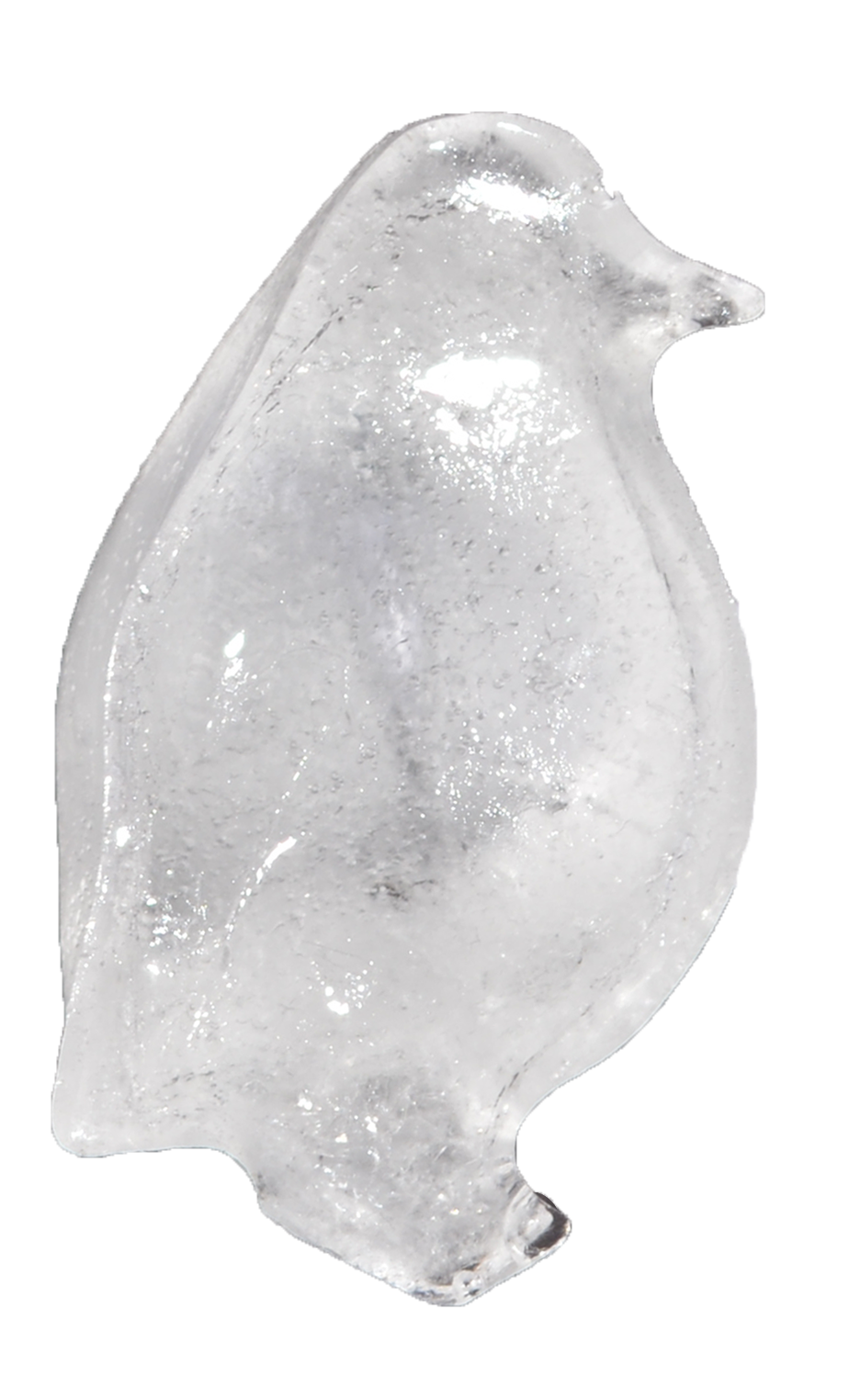Winter temperatures reach record highs in Michigan, but residents should fear its implications of severe climate change
By Tessa Kipke
First things first: I hate winter. Truly, I do. In the dead of winter in Michigan, when the sun is a mere distant memory, and the cold is so deep, so complete, that it burrows into your fingertips, toes, and ears, threatening to numb them forever, I find solace in daydreaming about the beach, about green grass and leaves on trees and leaving the house without 20 layers on.
When the first hints of spring come after long months of ferocious cold, it’s like the world is finally waking up. It’s exhilarating and makes me remember that there are parts of Michigan weather that aren’t torturous. However, the winter of early 2017 was different. It was slightly anticlimactic, as though the world had tensed up for a hard blow that just never came.
In the fall, I had been dreading winter, as always, but then November rolled around and the weather barely shifted. In fact, the last two days of November 2016 reached nearly 60 degrees, which, for someone native to Michigan, barely warrants a light jacket. December and January got a bit cooler – we even got a few snow days – but the winter never reached the frigid magnitude of my memory. There was even a day in December that was over 50 degrees, which is practically unheard of. Now, in February and March, when winter traditionally begins fade away very, very slowly, spring seems to already have sprung. The high in February of 2017 was 45.2 degrees; the normal high is only 35.
All of this culminates in the fact that creeping shift of global climate change is starting to feel less sluggish. We can feel it, in the air and on our skin, and it feels real. But it’s also easy to be conflicted because, living in Michigan, where we’re accustomed to lengthy, brutal winters, this feels like a reprieve. The thought of warmer winters in coming years is welcome, even celebrated. Being able to go outside during the winter months and not want to immediately die is kind of great.
But the greater implications are far from positive. As the global climate increases, our polar ice caps melt, sea levels rise, and droughts, heat waves, hurricanes, and other natural disasters increase in frequency and intensity. In the past, these consequences seemed like a worrisome-but-distant threat, but now they hit a little too close to home. Ecosystems worldwide are shifting, unsure how to react to an unprecedented wave of heat, and humans are not excluded. We don’t quite know what to do with ourselves in a world transforming like never before.
A couple of weeks ago, a weekend in mid-February hit 68 degrees (the average normal temperature in February is 27 degrees) and scores of people fled outdoors to enjoy the warmth. Instagram pictures and Snapchat stories were filled with views from picnics and park benches, showing people gleefully donning sunglasses and short sleeves. It was wonderful and terrifying.
I love warm weather, but I don’t love the unnatural reality that’s been causing it lately. I don’t think we need to actively feel guilty about liking this early spring, but it’s imperative that we’re aware of the changing world around us. Though gentler weather is unbelievably nice, we must understand the underlying consequences of climate change.

